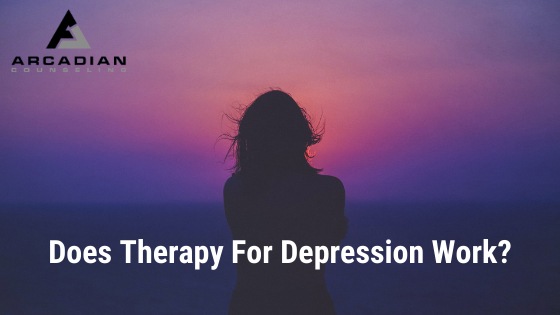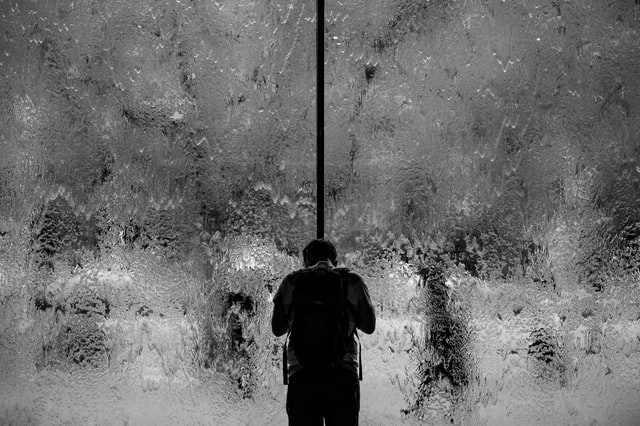I hear all kinds of questions early on in therapy for depression.
“Does therapy for depression work?”
“How long does therapy take?”
“Do you think you can help me not feel depressed?”
Here’s the thing. Therapy doesn’t always work the same way. It’s different for everyone. It’s a dynamic process. Studies consistently show that behavioral and emotional interventions work as well, if not better, than medication to treat major depression and other mood disorders.
So why does therapy and counseling get a bad reputation?
If someone is feeling depressed it can be really hard to reach out to get therapy for depression. They finally look for a therapist to therapy for depression and then they have a bad experience. So it’s natural for them to assume therapy doesn’t work. Or therapy is a waste of time. Or therapists are weird.
But this assumption is misguided. If you go to the dentist and have a bad experience, you don’t just assume dentistry doesn’t “work.” No, you go find a better dentist!
Strangely, most people don’t look at therapy and counseling with the same mindset.
What is Therapy For Depression?
Therapy for depression is a process that teaches you how your mind works. A well-trained therapist will teach you how to navigate your feelings, build better behaviors, and relate to your thoughts differently so you can build the kind of life you want.
Depression therapists who use clinically-proven modalities like Cognitive Behavioral Therapy (CBT) and Acceptance and Commitment Therapy (ACT) work with you to set goals, track progress, and measure results. These skills help build emotional resilience and ultimately a rich, full, and meaningful life
Remember, therapy is an investment in yourself, your future, and your relationships. If you view therapy as an expense you’re much less likely to put in the required effort to get the results you want.
What does therapy for depression look like?

Depression therapy looks different for many but it should include learning new skills and making changes to your behaviors.
Therapy for depression should be a space to talk freely and process your emotions without feeling judged. A good therapist will help you identify unhelpful thoughts and behaviors. A great therapist teaches you ways to identify these patterns of thinking and blind spots on your own.
Then you can learn new skills to manage difficult thoughts, feelings, and situations on your own. There’s your return on investment.
What does success in Depression therapy look like?
Success in therapy means your symptoms have improved. You’ve accomplished your goals and you feel like yourself again.
Maybe you’re less irritable and enjoying activities again. Maybe you’re sleeping better and more productive. Maybe your relationships have improved and your future has purpose.
Depression is very treatable. The majority of clients who suffer from depression are able to reduce or eliminate symptoms after a few months of psychotherapy, and many clients notice improvement after just a few sessions.
Just because you may have had a bad experience in therapy doesn’t mean therapy doesn’t work. It may just mean it didn’t work with that therapist. Find another one.
Life is too short to spend it feeling depressed. There’s no need to struggle on your own. Find an awesome therapist near you that you like and trust to help you get back to being you again!
James Killian, LPC is the Principal Therapist & Owner of Arcadian Counseling in New Haven, CT where they specialize in helping over-thinkers, high achievers, and perfectionists reduce stress, increase fulfillment and enhance performance so they can move From Surviving To Thriving.



